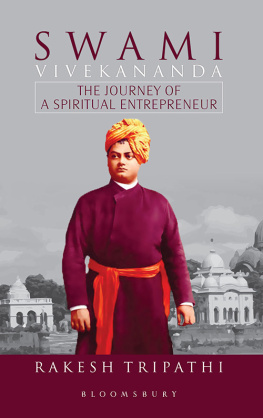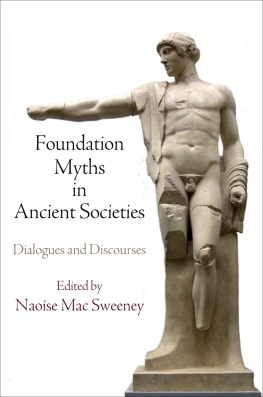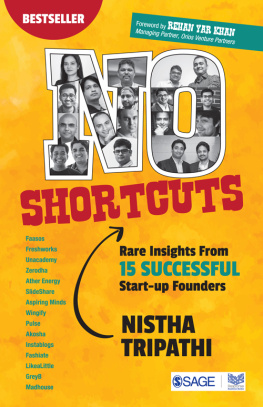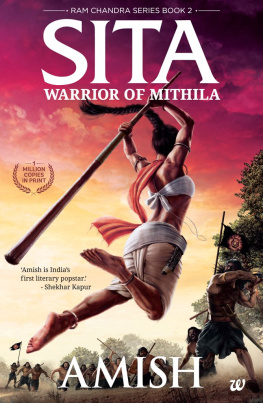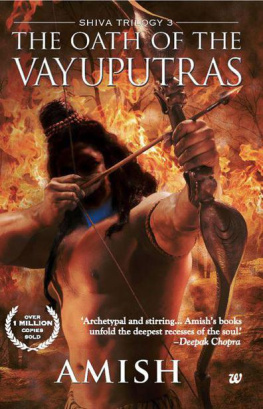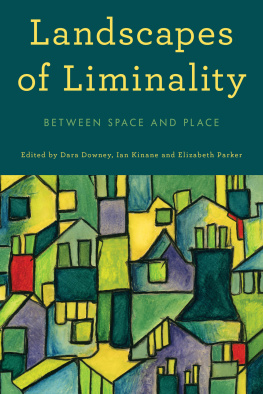Vda in Theory and Practice
Vda in Theory and Practice
Studies in Debates, Dialogues and Discussions
in Indian Intellectual Discourses
Radhavallabh Tripathi
Cataloging in Publication Data DK
[Courtesy: D.K. Agencies (P) Ltd. ]
Tripathi, Radhavallabh, 1949- author .
Vada in theory and practice : studies in debates, dialogues
and discussions in Indian intellectual discourses /
Radhavallabh Tripathi.
pages cm
Includes bibliographical references.
ISBN: 9788124610800
1. Knowledge, Theory of India History. 2. Debates and
debating India History. 3. Debates and debating in literature.
4. Sanskrit literature History and criticism. 5. Sanskrit drama
History and criticism. 6. Theater India History. I. Indian
Institute of Advanced Study.publisher. II. Title.
B132.K6T75 2016 DDC 121.0954 23
ISBN: 978-81-246-1080-0
First published in India in 2021
Indian Institute of Advanced Study, Shimla.
All rights reserved. No part of this publication may be reproduced or transmitted, except brief quotations, in any form or by any means, electronic or mechanical, including photocopying, recording, or any information storage or retrieval system, without prior written permission of the copyright holders, indicated above, and the publishers.
The views expressed in this volume are those of the author, and are not necessarily those of the publishers.
Published by :
The Secretary
Indian Institute of Advanced Study
Rashtrapati Nivas, Summerhill, Shimla - 171 005
Phones: (0177) 283 1379; Fax: 283 1389
e-mail: proiias@gmail.com
Website: www.iias.org
and
D.K. Printworld (P) Ltd.
Regd. Office : Vedar , F-395, Sudarshan Park
(Metro Station: Ramesh Nagar), New Delhi 110 015
Phones : (011) 2545 3975, 2546 6019
e-mail : indology@dkprintworld.com
Website : www.dkprintworld.com
Printed by : D.K. Printworld (P) Ltd., New Delhi
Kahopaniad I.i.6
Look back and see even as the men of old, look around! even so are they that have come after. Mortal may wither like the fruits of the field and like the fruits of the field he is born again.
Tr. Sri Aurobindo
A man may spend his life studying the Kvyas, he may cross the vast sea of stras, but look at his pathetic condition if he has not studied the Nyyastra! His tongue would become still when he tries to say something in the assembly where a vda is going on! Away with these scholars who have not made inquiries into the Pramastra, have not considered the categories and have not delved deep into the logics, and have not studied the Tarkavidy !
Vekadhvarin in Vivagudaracamp
Jalpakalpalat
The swan of debate, with both its paka s (the prima facie view and its rejoinder/the two wings of the bird) takes dip in the mnasa (mind/Mnasarovara) of good-hearted persons.
... we need a sort of continuous dialogue between persons who do not treat knowledge as power, who want to use knowledge as process of understanding, a process of becoming, that can bring together all living beings. It is a process of love and a process of discovering what has been universal across cultures.
Rafael Argullol
Sri Aurobindo, 2001, The Upanishads , Part II, Kena and other Upanishads , p. 102.
See Chapter 6 of this work.
Ibid.
Prologue
T his monograph is mainly the result of studies conducted by me as a Fellow at the Indian Institute of Advanced Study, Shimla; during the year 2014-15. My areas of study were Shityastra (Literary Theory) and Nyastra (Theory of Drama and Theatre). But as a teacher and researcher, I have always remained conscious of the vitality of vda which is roughly translated for the purpose of this work as a category involving theory and practice of intellectual debates, dialogues and discussions. Traditional knowledge systems in India thrived because of vda . These traditional systems have been subjected to a general negligence during the last two centuries or have been largely misrepresented. There has been an over-emphasis on spirituality and religion in the recent studies on the ancient Indian knowledge systems, and the disciplines having a focus with logic and arguments remained sidetracked. nvkik (logic and investigation) was a major discipline which was highly valued in bce era. K. Satchidananda Murty rightly points out that the study of classical philosophy in India has been dominated by darana -concept, ignoring the nvkik-concept of philosophy. A revisit to the theories and practices of vda will hopefully lead to viewing these knowledge systems in their right perspective.
Vda subsists on diversity. No vda is possible if there is only one point of view. Also, vda does not happen in singularity, it always is a prerequisite to the other and mostly promotes the presence of many others. Indias history of ideas and debates presents a multilinear view. The tradition of vda envisages pluralism. The learned editors of Isibhsiyin , a neglected work, but immensely valuable for understanding the Indian vda , tell us that during the days of Mahvra there were as many as 363 theories discussed under four well-known sects. Vda vitalized intellectual life and the seers, monks and intellectuals residing in the rama s, vihra s and sagha s.
I have used the Sanskrit term vda in a broad sense here and have given its nearest approximation debate in bracket where vda is used to denote a restricted sense. The seven chapters of this book deal with various aspects of the theory and practice of vda . Since no comprehensive study in this field has so far been made (the works by Amartya Sen and A. Raghuramaraju merely touch its fringes, and the work by Esher Solomon mostly takes up the dialectic divergences) and the present study is intended to be a groundwork only, it was not possible for me to go deep into so many versatile aspects of study on vda . The use of the word Indian in the subtitle may be termed as a misnomer. Owing to my limitations, I have mostly used Sanskrit sources for the treatment of vda in theory and practice. But the intention was not to keep this work confined only to Sanskrit traditions of vda ; I have tried to include alternate or parallel traditions. Reference to Naryosang, Al-Beruni, Dara Shikoh or the works like Dabistn - e-mazahib , how so ever insufficient and scanty they may be, do indicate a broad framework for a study like this.
I hope that this book will prove how vital and important vda comprising theories and practices of debate, dialogue and discussion has been, not only for the growth of our knowledge systems and ideologies, but also for our socio-political fabrics. Vda was cultivated in Indias intellectual discourses to project the distinct nature and uniqueness of each concept. This was possible through the frank admittance of both the agreements and the disagreements. Savda (correspondence) and vivda (difference) are two faces of vda . Texts like Isibhsiyin and stravrtsamuccaya of Haribhadra Sri could be composed because of the first, whereas the second inspired a vast mass of philosophical literature. But then, there are inherent correspondences in the differences and the differences loom large when correspondences are being sought out. Gauapda categorically said in Mkyakrik IV.99 that he has not borrowed from Buddha, but his concept of vijna or consciousness as the Ultimate Reality and the world appearing due to the diverse nature of vijna together with the examples he has given to illustrate his thesis are derived from Buddhism. A little intriguing example of such correspondence is akarcrya himself. He vehemently criticized Buddhist philosophies, but beneath a very intense tussle and difference of outlook, there is an inherent acceptance of the Vijnavdin for which he is also labelled as a Buddhist in disguise ( pracchannabaudha ), not by a section of modern scholars alone, but by some of the adherents of classical non-dualist philosophers like Vedntadeika, an extraordinary philosopher-poet of thirteenth century ce and a nephew of Rmnuja. F. Stcherbatsky and Dhirendra Sharma have shown that by begging to differ with his guru Kumrila on the nature of abhva (non-existence), Prabhkara denied the status of a prama to abhva and thus followed the path of Dharmakrti, a well-known Buddhist logician; and hence he was decried as a friend of the Buddhists ( bauddhabandhu ).

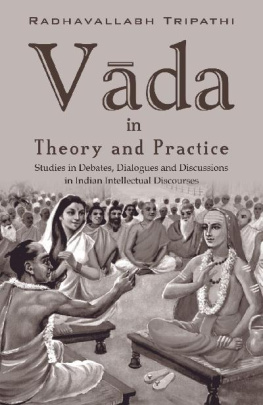

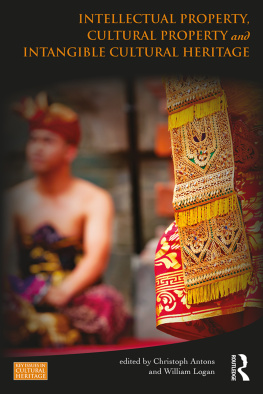
![Madhav Deshpande - Critical Studies in Indian Grammarians I: The Theory of Homogeneity [Sāvarṇya]](/uploads/posts/book/255206/thumbs/madhav-deshpande-critical-studies-in-indian.jpg)
